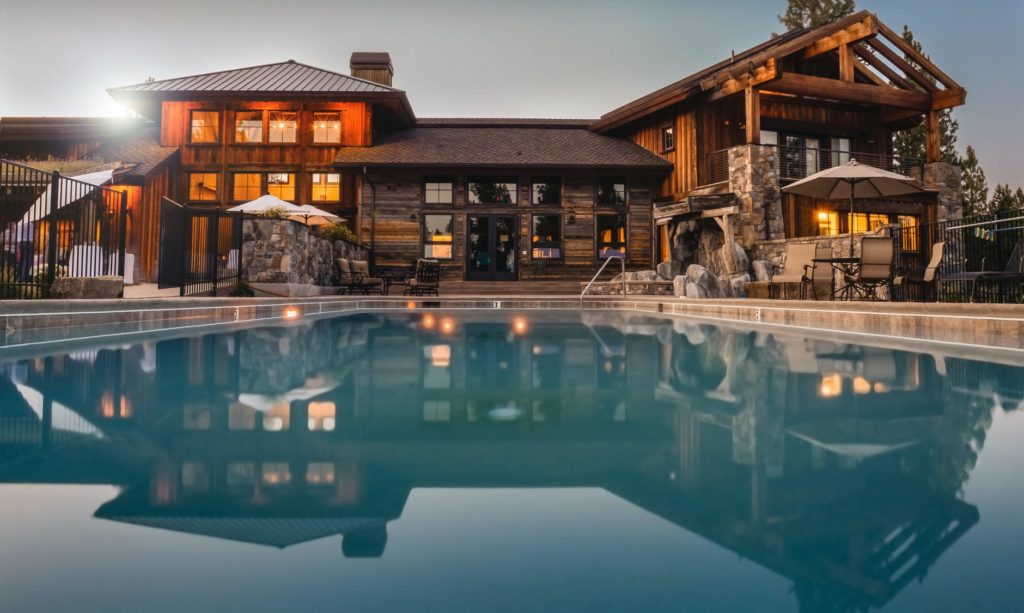
Owning your own building can be an enjoyable experience, but it’s also a massive investment. You want to make sure that you’re getting the best return on your investment, and that means understanding your condo property management responsibilities.
When you purchase a condominium unit, you’re buying into the collective equity of the entire building. This means that if there are any problems with the building itself or with its maintenance, they will be shared by all of the residents of the building. You also have an obligation to contribute to general operating expenses, such as repairs or upgrades to common areas.
If you’re having trouble paying for these expenses or simply don’t want them on your shoulders alone, consider hiring a professional condo property manager to help manage these tasks for you. They can take care of everything from maintaining common areas to making sure that any issues within individual units get fixed quickly and efficiently so that everyone stays happy in their homes! Beyond that here are six proven tips for managing your building.
1) Establish Rules for the Building:
The first thing you need to do when establishing rules is decide on what is and isn’t allowed in the building. To do this, start by looking at rental laws in your area. These laws will dictate what you can and cannot ask of tenants. This will help set a standard for what you expect from residents and provide them with clarity about what they can expect from you as well. You can also consider working with a lawyer or real estate agent who has experience with condos and co-ops so that they can help create clear expectations for both parties involved.
2) Make Sure All Residents Are Paying Their Rent:
As an owner of a condo building, it’s your responsibility to make sure all residents are paying their rent on time and in full each month. You don’t want to have any delinquent accounts or late payments hanging over your head when it comes time for tax season. It’s better to catch problems early than after the fact—and there are plenty of tools available online for catching delinquent payments early enough so that there is still time for discussion with tenants before eviction proceedings begin (which could take months).
3) Keep an Eye on Maintenance Issues:
If you own multiple units in a building, it’s important to keep an eye on maintenance issues within the complex. One of the simplest ways to do this is by visiting each unit at least once per month. You’ll want to check on things like water damage, broken windows and general cleanliness. This will make sure that everything is running smoothly and there aren’t any major issues on your hands.
4) Develop a Balance Sheet and Income Statement for Your Building:
If you want an accurate picture of the financial health of your building, then you need to perform a comprehensive financial analysis. This will allow you to see how much money you’re spending versus how much money you’re making, so that you can determine if there are any areas where improvements could be made or if there is something that could be cut back on. You may even find ways to save money in areas where it seems impossible to do so.
5) Make Sure You Have Proper Insurance Coverage for Your Building:
As the owner of your building, it’s important that you have proper insurance coverage in place in case something goes wrong. Make sure that you have enough liability coverage so that if someone gets injured at one of the units in your building, they can sue you if it results in them losing money or paying extra medical bills out of pocket. Also ensure that the condo association has adequate umbrella liability insurance so that if there are claims against the association itself, they can be covered by their insurance policy.
6) Use a Proper Accounting Software:
If you’re not already using one, there are numerous accounting software options available. These programs are designed specifically for small businesses like condo boards and associations. They allow you to manage all your finances in one place, giving you a complete picture of what’s going on in your building. This includes details like income and expenses, as well as detailed statistics about rental payments and maintenance costs.

